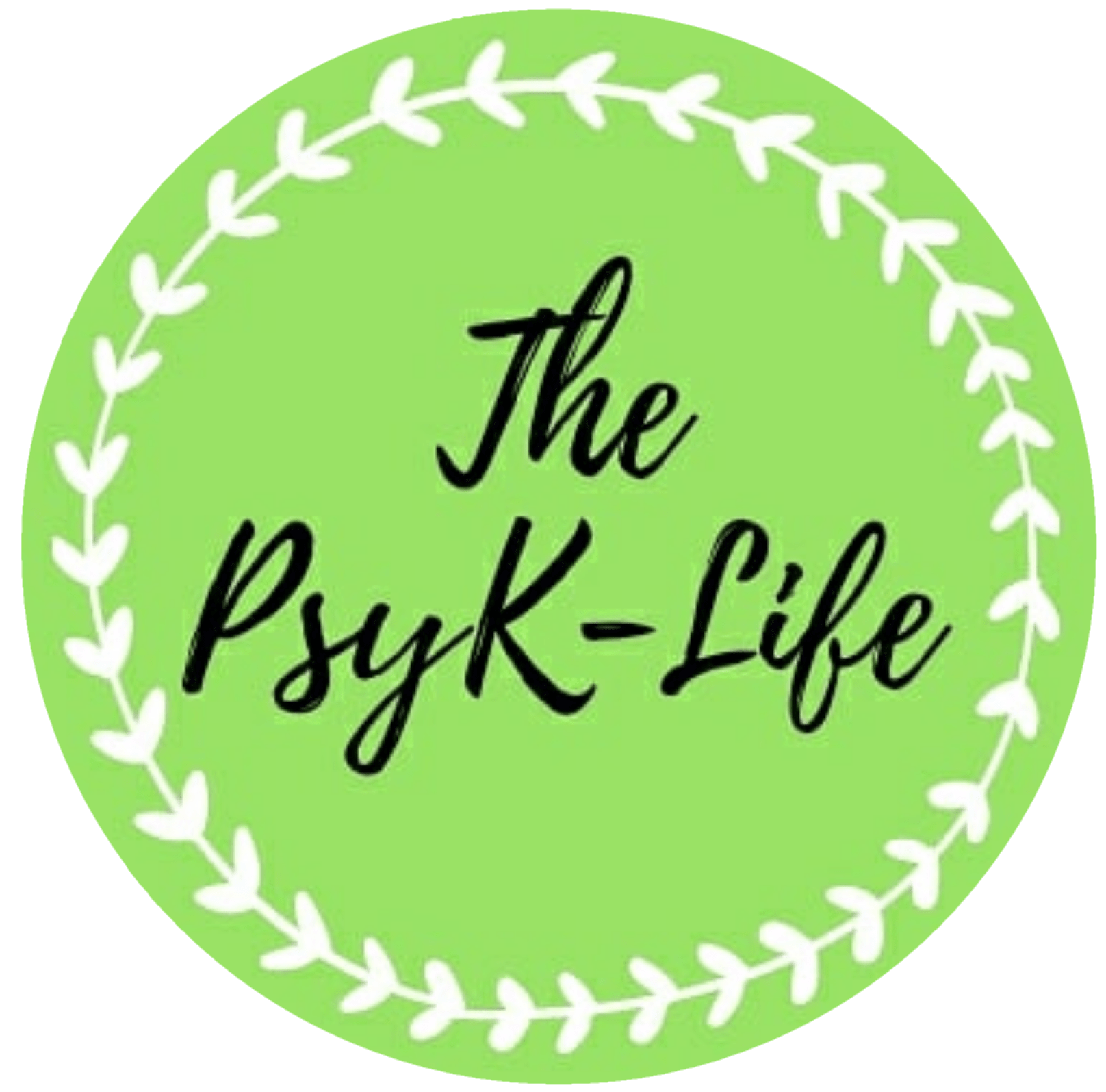Every person is a part of a social institution called Family from the moment he is born. Family is a foundation of what kind of person we will become, what will be our attitudes and virtues , what kind relationships we will build, how our emotional, social development will be, and everything that we can possibly think of. Family plays an important role in building a personality of a child to be a future productive individual as well as a future productive member/part of a society. The child, from the very first day it is born, has an ideal of his parents and other family members. Basic actions like a baby trying to move, trying to speak some words, etc. are a result of that baby’s observation of his environment and surroundings. And for the most part of the infant stage of the childhood, the baby has his family around, more than anyone else. It is very safe to say that the family is where we get a smaller idea of how the external world is going to be when we actually grow up to be an adult. We learn and adopt many things from our family. And all of these reasons why, the family is considered as the most important agent of socialization.
So now, What is it like to be an agent? The answer would be that working as an agent means that the Elements that family possess,that help the child to be a productive member of the society and makes that child a part of socialisation.
- Family creates emotional support.
Many researchers and scientific studies suggest that every relationship we develop throughout our lives is a representation of how our relations are with our family members. So, Family is a basic foundation for the emotional development of a child. The family is a ground for exploring feelings, thoughts, emotions and expression of all the mentioned factors. When a baby learns to speak words, he only adapts to the songs and tries to imitate them. Step by step as the baby grows, he learns to describe the external environment and then, he learns to express what he feels, how he thinks, how he becomes aware of expression of his needs. Family works like a role model for all of us in these stages. Biggest factor that is responsible for a child’s Emotional development is family.
- Family creates a safe environment for the child.
Family is a home for most people. From the very first of the child is born, the family creates emotional,physical,social connections with the child. Family provides the child a safe space to explore him/herself, learn new things everyday, have life-changing experiences, and have all kinds of experiences. Hobbies, interests and passions the child has, start to get developed from the basic social notion of family. Family supports the child in every step of their growth and in exploring the world. It is the safest place, which provides us with many resources like finances, support, emotional backing , motivation, validation and acceptance, starting from earlier days of the child’s being when there is not so much social exposure to the child till he/she is in this world.

- Family provides a sense of social control.
When the child is learning new things daily, exploring the world and gaining new experiences everyday in his/her life, the child needs someone in his/her life as a protector in early years of life. Someone who tells the child what is right, what is wrong, what is important for the child and what is not. A father-figure is needed for the development of a child in the right direction. The family plays an important role of authority in a child’s life, if in certain proportion, is very effective and significant for growth and development of a child and for a child to stay on the right path.

- Family provides love,care , support, validation and acceptance that a person needs.
Family is the constant support which a child needs and a child has from the day he/she is born till the day he/she leaves this world. (Of course each case has its own exceptions). Along with being responsible for the foundations of a child’s emotional,social, behavioural progress, family is the one of the very first institutions which gives the child a sense of belonging. Child has a strong belief that he/she is a significant part of the Family and hence he/she develops a sense of responsibility towards the family. Family is the first social institution that provides a sense of being loved and being cared for, to a child. Family lets the child explore the world, accepts and validates the child as they are, validates, supports and accepts their choices,decisions and respects and validates their opinions.

- Family develops the foundation of beliefs, ideals, attitudes,etc. that person has.
Family plays an important role in developing the child’s thinking process, beliefs and child’s outlook toward oneself and the external world. Child’s religious development, spiritual growth as well, mostly depends upon the family. Family plays an important role as ideals in a child’s life. The child looks up to some of the members of his/her family.

- Physical and emotional foundations of socialisation.
To be exposed to the outer wider world, to act in a certain and acceptable way, to communicate effectively, to influence people around, to develop relationships with the people, to express and voice opinions effectively, to support and accept people are some of the essential factors that are needed to socialise. Child becomes aware of and familiar with the concept of Socialism because of his/her family. Family plays an important role in moulding a child and his/her personality according to the demands and expectations of socialism.

- Family is an important influential factor.
In the discussion of how much the family contributes as the agent of socialism, it is very important to consider the influence of the Family over a child. In early developmental stages of the child, he/she imitates whatever the family does, communicates, adopts the habits and behavioural and emotional patterns of family members, adopts the similar thinking patterns and styles,etc.

In this way, Family develops social foundations that a person needs to be a part of socialisation. It helps a person to be a better part of socialisation.
As we saw how family has a most significant role as an agent of socialisation in every human’s life, over the last 2 to 3 decades, we can see the picture revolving and changing a bit. As a most important primary agent of socialisation, the family has a tough competition with other primary agents which are mainly – Peers, Media and Educational institutions. These 3 primary agents of socialisation are having a great contribution in every person’s life, in fact, according to researchers, in some cases, more than a family contributes. After the initial ages of the child’s life, he/she is exposed to a wider, outer, brighter world which involves too little of a family and exposure to many social relationships, influences, and it is also based on needs,dreams, desires, interests of that child. Especially, in the stage of puberty and adolescence, the exposure to the outer world feels attractive rather than only being with family. Belonging to the social community, a group of people feels more important than to be a part of a family and that’s when a family takes a back step in the lives of children. Bright world of media and social platforms attracts youth more than anyone. Youth are considered as trend-setters and trend-followers. Peers, as well, play an important role in socialisation. Many researches and studies have shown that friends and social circle of a person can influence a person more than a family member can. Here’s when certain skills of socialisation are put to test in situations like choosing friends wisely and mindfully, focusing on a growth of one’s own,etc. Educational institutions are, after family, the most significant contributor as an agent of socialisation. Here’s when a child starts to form social relationships, explores his/her interests, gets to know many new things and gets aware and more mindful about emotional , physical aspects of one’s own life. From the last 2-3 decades, youth is more influenced by the media, peers and educational institutions are playing a significantly vital role as the agents of socialisation.

-Ms. Shriya Girish.
Ref: Debra Marshall, June 10, 2013. Primary agents of Socialisation. https://youtu.be/nelox6OTpdM




